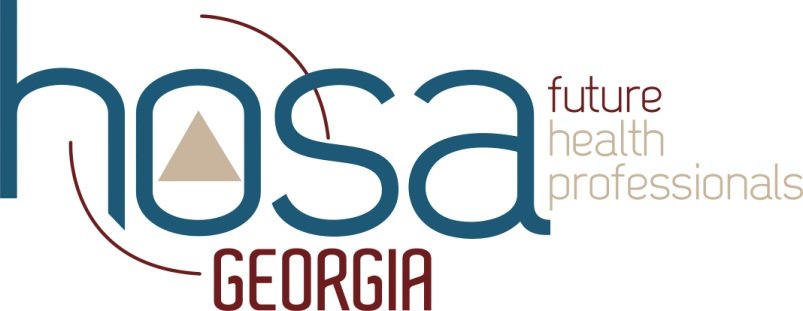SLC Partnership Spotlight: PCOM Works to Shape the Future of Health Through Campuses in Georgia and Pennsylvania
Founded in 1899, Philadelphia College of Osteopathic Medicine (PCOM), a private, not-for-profit university, has trained thousands of highly competent, caring physicians, health practitioners and behavioral scientists who practice a “whole person” approach to care—treating people, not just symptoms. During their professional studies, PCOM students learn the importance of interprofessional education, health promotion, research, and service to the wider community. They train on the front lines of medicine, with the goal of positively influencing the world of health care.
With a focus on educational excellence, PCOM operates three campuses, including PCOM in Philadelphia, PCOM Georgia in Suwanee, Georgia, and PCOM South Georgia in Moultrie, Georgia.
The Philadelphia campus offers doctoral degrees in educational psychology, clinical psychology, osteopathic medicine, and school psychology. Graduate degrees are offered in biomedical sciences, forensic medicine, mental health counseling, organizational development and leadership, physician assistant studies, school psychology, applied behavior analysis, positive psychology, non-profit leadership and population health management and public health management and administration. Through its community-based healthcare centers, PCOM provides care to medically underserved populations.
PCOM extended its commitment to the Southeast by opening PCOM Georgia in 2005 and PCOM South Georgia in 2019.
PCOM Georgia offers doctoral programs in osteopathic medicine, pharmacy and physical therapy, and master’s degree programs in physician assistant studies, biomedical sciences and medical laboratory science.
PCOM South Georgia is the only medical school in the Southwest Georgia region. The newest PCOM location offers a doctoral program in osteopathic medicine, as well as a master’s degree in biomedical sciences.
The College’s Doctor of Osteopathic Medicine (DO) program trains students to become fully licensed physicians who examine and treat patients, prescribe medication and practice in a wide variety of specialties such as family medicine, emergency medicine, pediatrics, radiology and surgery.
Patients receive the same level of care as they would with an allopathic physician or any other medical professional, but osteopathic physicians are trained to have an extra skill set. They fully see their patients, meeting them with empathy and care. This kind of physician focuses on the whole person, which means looking at the lifestyle, diet and mental health of their patients.
In addition, DOs are trained in osteopathic manipulative treatment through which they are taught to use their hands to diagnose injury and illness and to encourage the body’s natural tendency toward good health. With OMT, an osteopathic physician learns to move a patient’s muscles and joints using techniques that include stretching, gentle pressure and resistance—that’s the DO difference.
At PCOM, students train in state-of-the-art facilities to develop a powerful set of skills—knowing how to ask the right questions, listening for answers, and making connections where others might not see them. With the unique program structure and an integrated, team-oriented approach to health care, students learn how to dive deeper than the diagnosis to treat the whole person.
For more information, visit pcom.edu.

